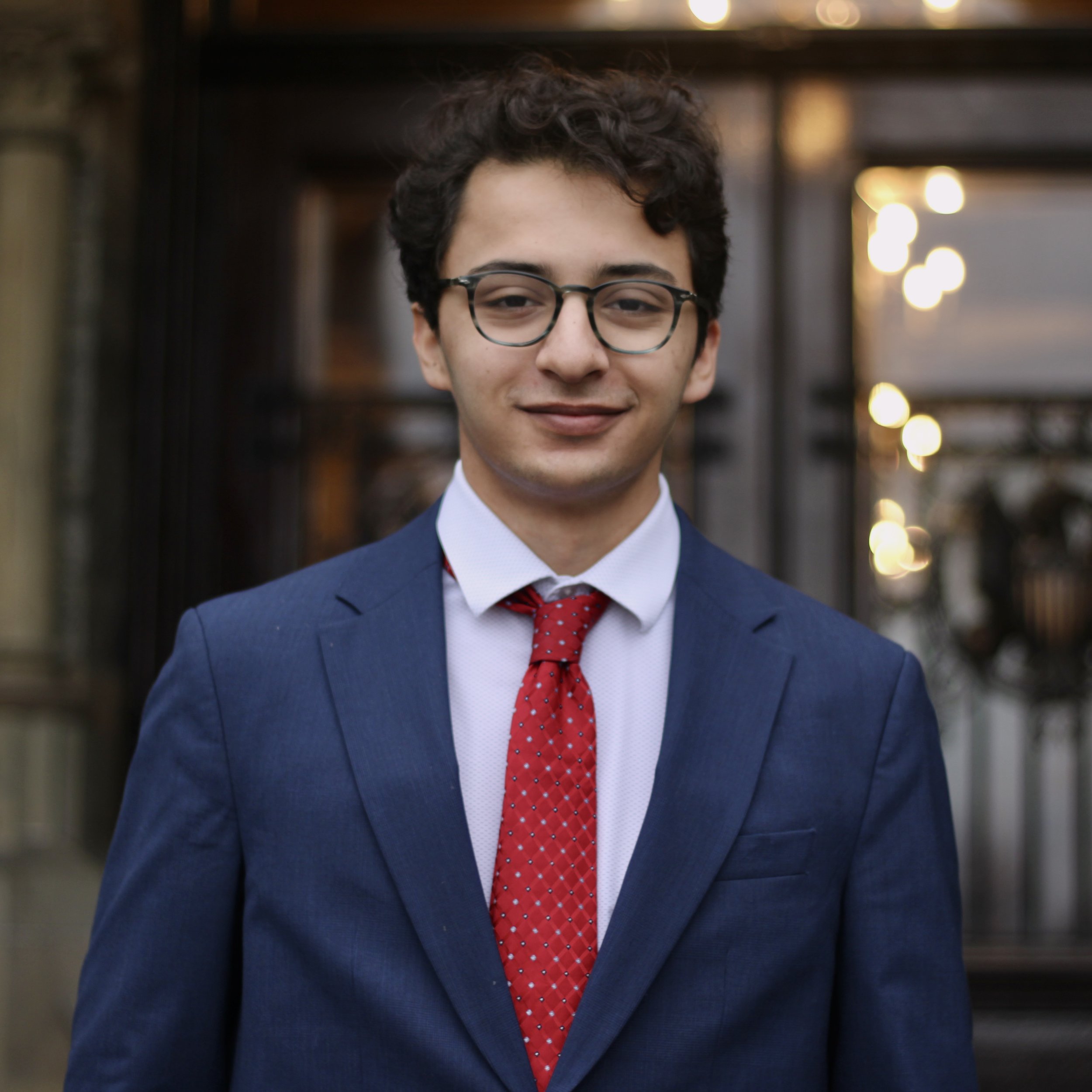
Shahdown: The Persian Empire, 1730
Once a beacon of strength, culture, and imperial brilliance, the Persian Empire is collapsing. The once-dominant Safavid dynasty, weakened by decades of internal corruption, military stagnation, and economic decay, can no longer defend the realm against invaders. In 1722, Afghan forces captured the capital of Isfahan, bringing an abrupt end to centralized control. The Ottomans and Russians took advantage of the resulting chaos and weakness, seizing Persian territories beginning in 1723. Centuries of imperial prestige seemed to vanish overnight.
But empires do not die quietly–and Persia is no exception.
In 1729, a new force emerged from the ashes: Persian military general Nader Shah, a tactical genius, has expelled the Afghans and begun the daunting task of reuniting the Persian state under Tahmasp II. Now, in the year 1730, Persia stands at a precipice. The Ottoman invaders remain to the west, controlling key cities in the Caucasus and Iraq. With the collapse of centralized authority, the empire is a battleground of influence – tribal leaders, clerics, nobles, and generals all contend for control of what remains. The Ottomans remain powerful, but they are also vulnerable, as their empire, stretched thin, struggles to subdue growing unrest in the provinces. If Persia can unite and act decisively, it may yet turn the tide. The fate of the Middle East is uncertain, but one thing is clear: Persia’s story is not over. Not yet.
Chair:
Chakrapani Gudlavalleti
-
Chakrapani Gudlavalleti is a member of the Class of 2028. He is in the Walsh School of Foreign Service, majoring in Science, Technology, and International Affairs (STIA), concentrating in global public health. He served as a Crisis Analyst in both NCSC LII and NAIMUN LXII. His home is Lexington, Kentucky, where he has ridden horses in the Kentucky Horse Park and enjoys hiking in Appalachia. Outside of Model UN, Chakrapani is a member of Philonomosian and Philodemic Debate Societies, GU Politics Advance Team, Students for Prison Justice, and a Maps of the Modern World TA! He loves visiting the National Mall, riding the Metro with his Hoya Transit Money, and eating at different restaurants in DC!
CRisis Manager:
Chichi Ugochuku
Grand CM:
Will Doran
-
Chichi Ugochuku is a member of the class of 2027 in the College of Arts and Sciences, double majoring in Government and Chinese. She grew up in Pennsylvania but is a citizen of New Jersey by birth. Chichi’s Model UN journey began as a freshman at Georgetown, where she currently competes on the circuit and staffs NCSC and NAIMUN, Georgetown’s Model UN conference for high school students. Chichi has a special place in her heart for the traditional crisis committee and extensive experience staffing them, having served as a Crisis Analyst for NAIMUN LXI’s 2017 JBS S.A. Board of Directors, Director for NCSC LII’s 1773 Cabinet of Yemelyan Pugachev, and most recently as a Crisis Manager for the joint crisis committee The Grand Ethiopian Renaissance Dam at NAIMUN LXII. Beyond MUN, Chichi volunteers at the Georgetown Admissions Ambassador Program and the Georgetown Institute of Politics and Public Service. Around 2am, she can usually be found drilling Chinese or drafting an essay with a Red Bull in hand. Around 2pm, she is most likely napping or pacing her room while narrating fake podcast episodes to herself. Chichi is incredibly excited for the fun, intrigue, and surprises that await her committee at Shahdown!
-
Will Doran is a member of the School of Foreign Service Class of 2025 (formerly 2026), majoring in International Politics with a certificate in Diplomatic Studies. Hailing from the geographical limbo that is Danbury, Connecticut (suburb of NYC? part of New England? it is unclear.), Will is a veteran staffer of both NCSC and Georgetown’s high school conference NAIMUN. Now on his fourth and final tour of running backrooms, Will served as the Crisis Manager for NCSC LII’s 1973 Belfast City Council, and as the Grand Crisis Manager of NAIMUN LXII’s five-way JCC on the 1879 War of the Pacific. On the circuit, Will is a Deputy Conferences Coordinator for Georgetown’s travel team. When not raising a placard or staging theatrical crisis updates, Will is a TA for Georgetown’s (in)famous Map of the Modern World class and probably buried in studying Turkish. On the rare occasion that he actually has free time, Will is most likely listening to dad rock while drawing freehand maps or exploring DC on foot. Will is honored to serve as Grand Crisis Manager for Shahdown and can’t wait for one last ride with NCSC LIII this October!
USG: Christopher Pishvaian
This committee is in the Joint-Crisis Organ, and your Under-Secretary General is Christopher Pishvaian. Committees in this organ are small, interactive crisis committees with joint elements between two competing sides.
If you have any questions about your committee, please reach out to c.pishvaian@modelun.org.




